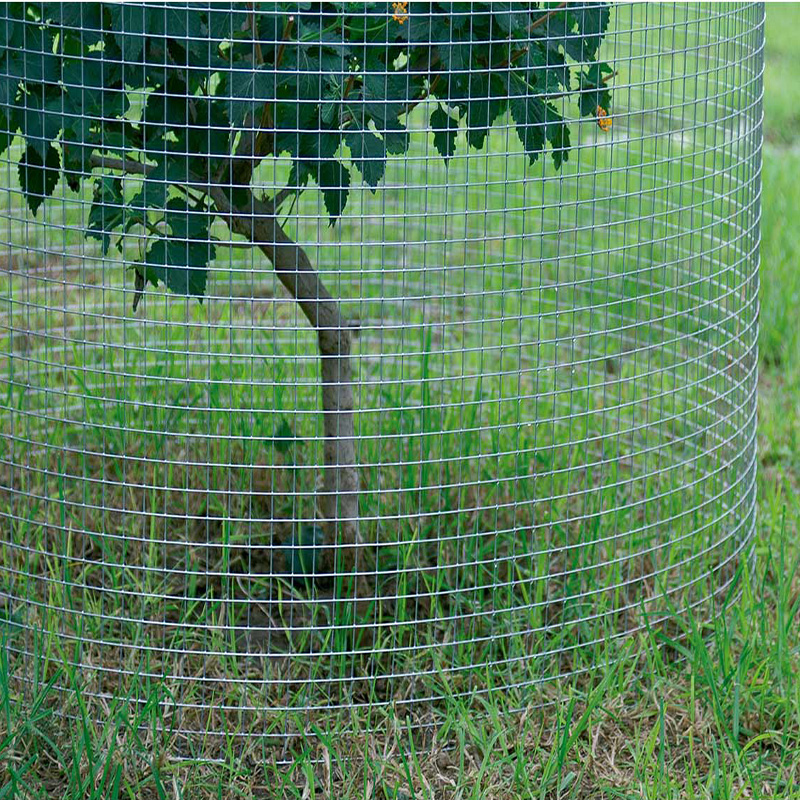-
+86 15030157877
-
sales@galvanizedmetalmesh.com
Nov . 24, 2024 06:48 Back to list
weld mesh panel factory
The Importance of Weld Mesh Panels Insights from the Factory Perspective
Weld mesh panels have become an essential component in various sectors, from construction to agriculture and even decorative applications. The manufacturing of these panels involves sophisticated processes in factories designed specifically for this purpose. Understanding the significance of weld mesh panel factories sheds light on their pivotal role in supplying durable, versatile, and economical materials that cater to diverse needs.
What are Weld Mesh Panels?
Weld mesh panels are made of wires that are welded together at intersections, creating a sturdy grid structure. These panels are created using different materials, with steel being the most common due to its strength and longevity. The wires are arranged in different mesh sizes, providing options that can accommodate various applications. The versatility of weld mesh panels makes them ideal for fencing, animal enclosures, flooring support, and even decorative purposes.
Manufacturing Process
The production of weld mesh panels starts with high-quality wire that is drawn to specific diameters, depending on the intended application of the mesh. In a dedicated factory setting, these wires are then cut to precise lengths before being arranged on a jig for welding. Automated welding machines ensure that the joints where the wires intersect are robust and resistant to wear and tear.
After welding, the panels undergo a series of quality control checks to ensure they meet stringent standards for strength and durability. Post-manufacturing treatments such as galvanizing or powder coating are often applied to improve resistance to rust and corrosion, ultimately extending the lifespan of the panels.
Applications of Weld Mesh Panels
1. Construction and Infrastructure In construction, weld mesh panels are utilized for reinforcements in concrete, offering structural support while minimizing labor costs. They ensure even distribution of weight and help increase the longevity of structures.
2. Agriculture Farmers often rely on weld mesh panels to create secure fencing for livestock and crops. These panels are durable enough to withstand the rigors of outdoor conditions and provide a secure environment for animals.
3. Industrial and Commercial Use Weld mesh panels are widely used in warehouses and factories for partitioning areas and creating secure storage solutions. Their transparent design allows for visibility, which is vital in busy workspaces.
weld mesh panel factory

4. Home Decor Beyond utilitarian uses, weld mesh panels find their place in interior design. They can be used for creative room dividers, shelving, and even garden trellises, reflecting a blend of functionality and aesthetic appeal.
Economic Impact
The production of weld mesh panels has significant economic implications. Factories dedicated to this manufacturing process contribute to local economies by providing jobs and expertise. Additionally, the affordability and versatility of weld mesh panels allow small-scale businesses and residential customers to access quality materials without excessive expenditure.
The export potential of these panels also plays a role in international trade, as markets around the world increasingly recognize the benefits of using weld mesh for various applications.
Challenges Faced by Manufacturers
Despite the advantages, weld mesh panel factories face challenges such as fluctuating raw material prices and increasing competition from alternative materials. Sustainability has also become a priority, with manufacturers seeking eco-friendly practices and recycled materials to appeal to a growing environmentally aware market.
Future Trends
With advancements in technology, the future of weld mesh panels looks promising. Innovations such as stronger alloys, improved welding techniques, and automated manufacturing processes are set to enhance product quality and reduce production costs. Additionally, the integration of smart technology in manufacturing could lead to greater efficiency and customization options for consumers.
Conclusion
Weld mesh panel factories play a critical role in the production of materials that are foundational to various industries. Their ability to deliver versatile, durable, and cost-effective solutions continues to meet the demands of modern applications. As technology progresses and the need for sustainable practices grows, the role of these factories will only become more significant, ensuring that weld mesh panels remain a staple in both practical and creative realms. The future holds exciting possibilities, and the ongoing innovation in mesh panel manufacturing will undoubtedly pave the way for new applications and improvements in quality and sustainability.
-
Premium Eco-Friendly Roof Tiles | Affordable & Durable
NewsJul.31,2025
-
Premium Roof Tiles for Durable & Stylish Roofing Solutions
NewsJul.30,2025
-
High-Quality Roof Tiles for Durable & Stylish Roofing Solutions
NewsJul.29,2025
-
High Quality Square Wire Mesh Manufacturer & Supplier for Wholesale
NewsJul.29,2025
-
Premium Roof Tiles for Durable & Stylish Roofing Solutions
NewsJul.29,2025
-
Hexagonal Gabion for Slope Protection & Retaining Walls | Durable Wire Mesh
NewsJul.29,2025



